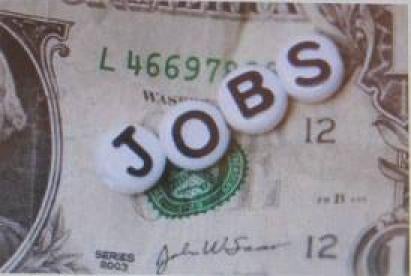This week, a friend of mine from college posted a story on Facebook about her search for a hotel room in the wake of Hurricane Sandy. She was shocked to learn that a New Jersey franchisee of a large international hotel/motel chain had listed its rooms at a whopping $799 a night. I know what you're thinking -- she must have been calling the Four Seasons, right? Guess again. Mandarin Oriental? Nope. Ritz Carlton? Nuh-uh.
The property she was calling is not a five-diamond resort property. It's the type of motel you will find alongside of the interstate in large and small towns across the country. This particular motel lists a regular, non-discounted rate of $129 a night and has a 3 star (out of 5) customer rating on TripAdvisor. Far from being a luxury property, recent customer reviews of the property note dirty bathrooms, and "grumpy," "rude" staff (one of the best reviews of the property I could find noted that the motel is "okay.")
When she contacted the hotel to confirm the outrageous pricing, a staff member not only confirmed the rate, but told her that the property was justified in charging the 620% markup due to the high demand for rooms. Where did this high demand come from? People being displaced from their homes due to massive flooding. Objecting to the pricing policy which was based entirely on demand created by a natural disaster that resulted in the loss of life and property, my friend was simply told "demand is demand."
Unsatisfied with the glib and dispassionate response from the property, my friend contacted the franchisor's corporate office as well as the New Jersey Department of Consumer Affairs. The company did the right thing. The Vice President of Operations of the company contacted her and told her the motel's manager would be investigated, and that anyone who was checked in at a rate higher than the normal seasonal rate for that property would immediately have their entire stay credited back to their cards, along with a note of apology. Reading between the lines and knowing the franchise industry, I'm sure the franchisor at a minimum sent the franchisee who owns the motel a breach letter threatening termination and requiring immediate action to remedy the problem.
It looks like the company's quick and decisive action may have averted a public relations disaster, as the fallout seems to have been limited to a relatively small number of people on Facebook. I don't see that the story was picked up by any national news organizations. If it had been, the company could have easily faced serious public backlash; for some reason, people don't like it when businesses try to profit from other peoples' misfortune. The brand as a whole would have suffered if the public began to associate the chain with opportunistic profiteering and avoided staying at the company's franchise properties nationwide. In other words, the company could have had the problems I discussed in my recent blog post "Breaking A Link In The Chain: Franchising Lessons From The Bourne Legacy."
To illustrate the point, consider the post-Sandy actions of fashion retailer American Apparel, which sent an e-mail to its customer list for a 20% off sale for people living in the states hit by Sandy with a tagline that read, "In case you're bored during the storm." The public's reaction to that was not favorable, as many Twitter users found the ad to be "gross and opportunistic." In comparison to the motel franchisee's actions, American Apparel's 20%-off sale is downright tame in terms of opportunistic behavior.
The motel franchising company's near-miss of a public relations disaster illustrates the point I was making in the Bourne Legacy post: franchisors need to be vigilant in policing their systems. The actions of one bad-actor franchisee can cause serious (and possibly irreparable) damage to the brand and public goodwill as a whole. In the context of a natural disaster like Hurricane Sandy, the motel chain story highlights a different kind of risk: one that can be caused by franchisees acting opportunistically to take advantage of the disaster by scalping customers through unreasonably high prices.
To provide a tool to deal with this problem, franchisors should ensure that their franchise agreement has a provision which allows the franchisor act in the event the franchisee engages in conduct that can cause harm to the system as a whole. These provisions typically state that a franchisor will have the right to terminate the contract when a franchisee takes actions that can "have an adverse effect or reflect unfavorably upon" the system or the brand as a whole. Because this type of activity can cause harm by association to the multitude of franchisees who are not engaging in such unethical behavior, it needs to be dealt with quickly and decisively.



 i
i

